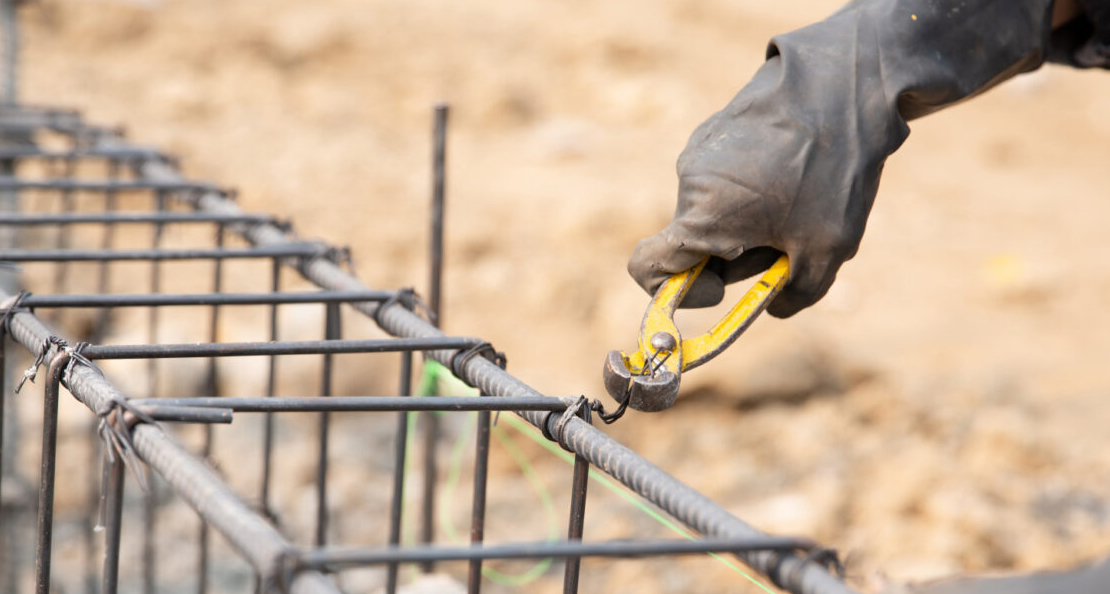- August 11, 2024
Construction materials prices surge, threaten housing industry.
The country’s housing sector is not out of the woods yet, as the rising cost of building materials continues to impact rentals and the cost of delivering affordable housing for citizens.
With Nigeria’s inflationary rate at over 19 per cent as of July, many estate developers are not enjoying the best of times in the sector. They have begun an upward review of prices of units in their stocks and delivery timeline for projects due to economic challenges, including the cost of acquiring land, scarcity of skilled labour, fluctuating foreign exchange, logistics problems, and supply bottlenecks that affected projections negatively.
Over 60 per cent of the total cost of building construction is expended on materials, while the remaining 40 per cent is spent on labour.
The prices of essential building materials such as reinforcement, sand, roofing sheet, tiles, cement and granite, rose by over 100 per cent in the last year.
For instance, cement, which was N2, 500 before, is now; N4, 300, a tonne of 8mm reinforcement that was N441, 000 last April, currently goes for N475, 000. The same thing is applicable to granite previously sold at N140, 000 for 30 tonnes, but is over N320, 000 for 30 tonnes, in the building material market.
The development has affected the price of rentals in major cities like Lagos, Abuja, Ogun, Ibadan, Port Harcourt and Kano, with homeowners and property managers increasing rent by 80 per cent in recent times.
The average price of one-bedroom flats for rent in a highbrow location in Lagos is about ₦900,000 yearly. Rentals for three bedrooms start from N1.9 million to over N4 million. Before now, landlords charged between N1 million and N1.2 million for a two-bedroom apartment, but this has also doubled.
In Abuja, rental for one-bedroom is as high as N1.2m/N1.5million. In highbrow areas of Ogun State, such as Abeokuta GRA and others, a duplex could go as high as N2.5 million yearly, while a two-bedroom apartment could go as higher as N750, 000 yearly depending on the finishing.
In strategic areas of Ibadan, where apartment rents used to be N1 million, there has been an increase to about N1.5 million.
According to the immediate past President of the Nigerian Institute of Building (NIOB), Mr. Kunle Awobodu, the price of building materials may continue to rise depending on the exchange rate and inflation in the country.
He said until government intervenes by ensuring production of materials locally, the cost of construction would remain high.
Awobodu told The Guardian that the situation is not healthy for the construction sector, warning that it can force developers and other operatives in the sector to start reducing the quality of building to minimise cost and make a profit.
Specifically, he said, the Federal Government needs to intervene through policy formulation and ensure developments do not escalate and cause more damage to the real estate sector.
He stated that skyrocketing prices of materials, also signal hopelessness for low-income earners in the country.
Awoboda noted that most Nigerians now prioritise feeding and other critical necessities of life above committing resources to building homes.
Awobodu advised Nigerians, who still desire to own their homes to deploy gradual construction as a way out of cost of construction crisis.”People who have started their home construction can buy materials gradually, especially the critical ones like sand, and reinforcement may be on monthly basis rather than wait to buy all the components at once. This is because the situation is serious with prices of materials increasing almost every day,” he said.
A past chairman, Faculty of Housing of the Nigerian Institution of Estate Surveyors and Valuers (NIESV), Mr Adiatu Adesina, said building materials are big components in housing development and determinant of how much a house will go for in the market.
He explained that the increasing cost of materials, would affect the demand and supply of housing in the country.
Adesina said: “A lot of these building materials are imported and with the naira to dollar rate, once dollar goes up, it affects everything. For those that are not imported materials like gravel/granite, sharp sand, the prices have gone up and the excuse for this is the high cost of diesel. To blast stones, those heavy equipment needs diesel, price of diesel has risen from N250 to over N800 now.”
He said low-income housing is becoming too difficult to achieve now, because not many Nigerians can afford to buy a house of N10 million in the low-cost housing market.
Government, he said, needs to make loan facilities available to housing developers at a single digit in this critical time, to carry on with housing projects, while building materials should be locally produced by local industries.

